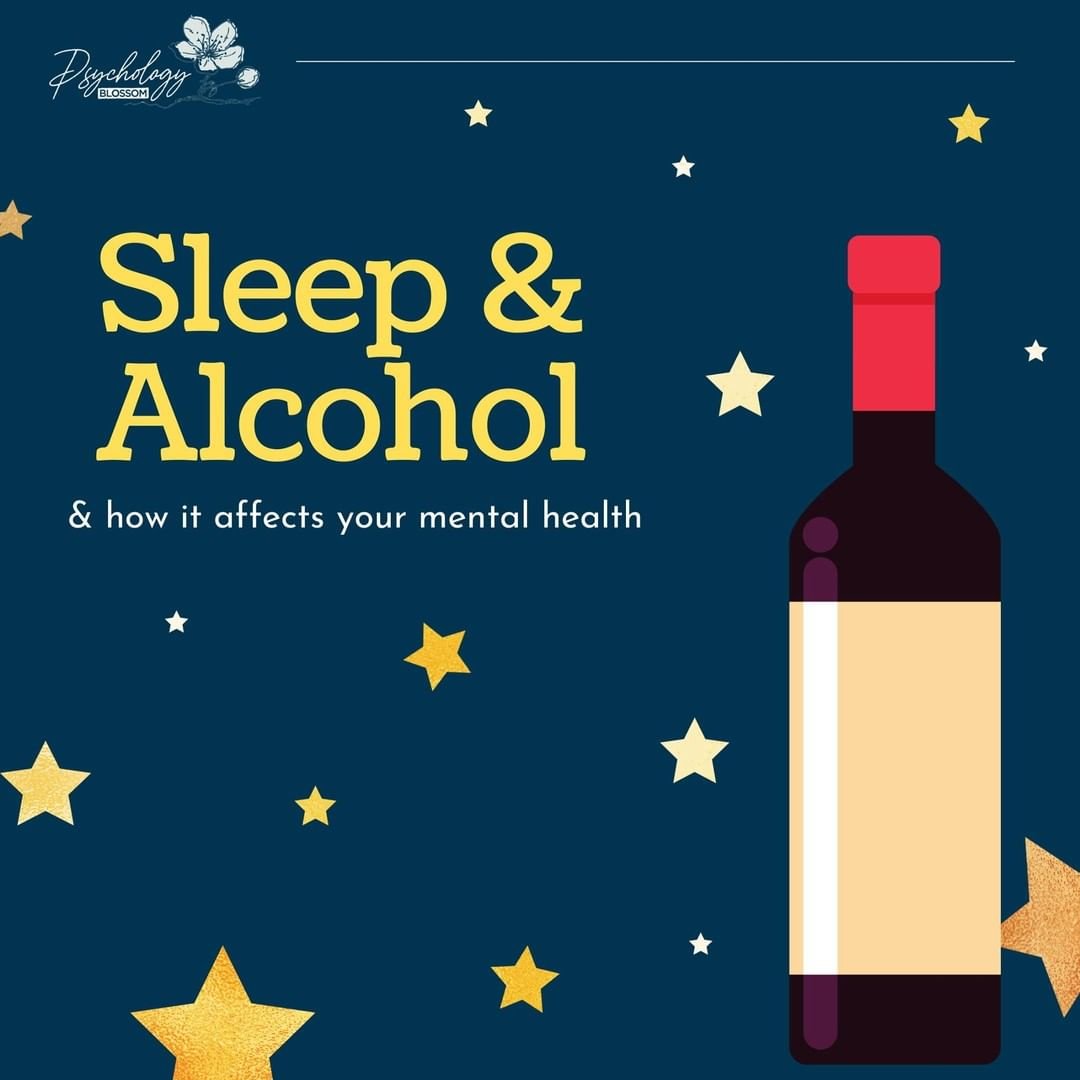Alcohol and Sleep Uncovered: Does Alcohol Help You to Sleep Better?
A small glass of whiskey may indeed help you to fall asleep much faster due to its sedative effects and suppression of activity in the cortex (brain). The safe amount of alcohol to drink before the effects are obvious or approaching harmful is dependent on many factors such as age, biological sex, and body composition.
Generally, a moderate amount of alcohol to consume each day differs depending on the type of alcohol:
- 12 ounces of regular beer (1 Can)
- 5 ounces of wine (Half a Wine Glass)
- 1.5 ounces of 80-proof liquor (1 Shot Glass)
Other than inducing sleep, drinking a safe amount of alcohol could also reduce the risk of heart diseases, stroke, or diabetes. However, drinking more than the recommended amount will definitely be detrimental to your health.
Alcohol is Bad for Sleep Cycles
Although you might fall asleep faster and easier with alcohol, using alcohol prevents deep sleep (called the Rapid Eye Movement (REM) stage of sleep) and prevents memory consolidation and immune system regeneration.
Alcohol consumption also constricts air passages which may lead to episodes of apnea—where breathing repeatedly stops and starts during sleep. Furthermore, alcohol is a diuretic and signals to the kidneys to excrete more water from the body as urine, resulting in more sleep disruption and late-night trips to the toilet. Ultimately, alcohol reduces the quality of sleep and may result in you waking up and feeling like you did not rest well.
Research shows that even moderate drinking close to bedtime shortens REM cycles and increases sleep fragmentation. Over time, this can lead to chronic fatigue, irritability, weakened immunity, and higher risk for metabolic disorders. The initial sedation alcohol brings is deceptive—it masks the long-term harm it does to restorative rest.
How to Fall Asleep Without Alcohol. Sleep hygiene.
✽ Switch on your blue-light filter/ night mode on your electronic devices
Blue-light suppresses the secretion of a hormone called melatonin, which keeps your brain awake and makes it harder for you to fall asleep.
✽ Avoid eating or drinking caffeine late in the night before sleeping
✽ Optimise your environment
- Switching off the lights
- Set a comfortable temperature of the room
- Comfortable sheets and pillow
Other natural methods include creating a relaxing pre-sleep routine, such as stretching, meditation, or reading. Maintaining consistent bed and wake times—even on weekends—helps regulate circadian rhythms. Limiting heavy meals late at night and avoiding stimulating content before bed also support easier, deeper sleep.
You may have heard this a million times, but sleep hygiene really makes a difference. The key is regularity. Even if you don’t believe that such simple steps can help you on the way to fighting insomnia, choose one piece of advice and try to follow it regularly. You’ll notice the difference.
For those with ongoing difficulties, therapies such as Cognitive Behavioral Therapy for Insomnia (CBT-I) are highly effective alternatives to using alcohol as a sleep aid.
Watch the video attached for a summary of the pros and cons of alcohol consumption before bed!
We recommend This Video to those who wants to learn more about Alcohol and Sleep.
